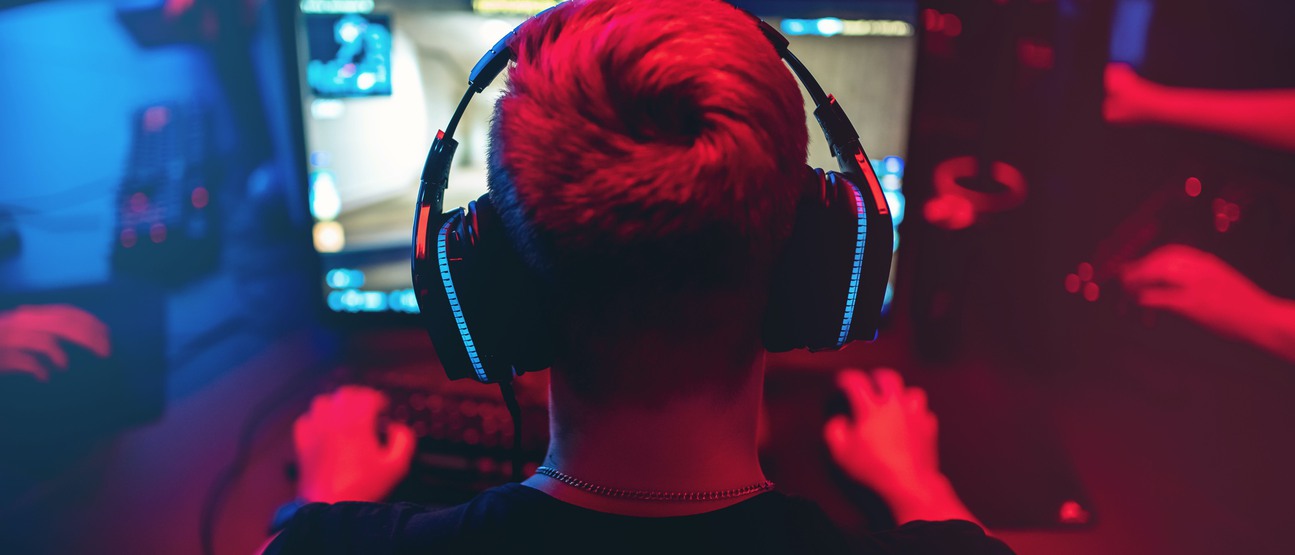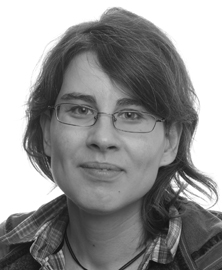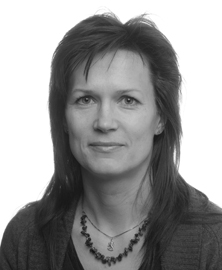Jana Rambusch
School of Informatics


What is it that makes electronic sports a positive experience for the spectators, and how can that experience become even greater? A research project at the University of Skövde will give an answer to those questions. The project, partly financed by the Västra Götaland region, is a collaboration between the University and the computer-game company Stunlock Studios as well as two more partners: Tarhead Studio and Folkuniversitetet.
E-sports is a concept for competitions via computers or game consoles where the contestants play against each other. E-sports is also a growing spectator sport with a very high number of spectators. As an example, e-sports engaged 188 million spectators worldwide last year. The sport is also popular in Sweden which not least becomes evident with the games in the past few years having been shown on the major TV channels and the fact that e-sports today is a school subject in some high schools.
“The purpose of our project is to study, analyze, and evaluate a spectator perspective on e-sports. This means that among other things, we want to find the factors that contribute to making e-sports a positive spectator experience,” says project leader and researcher Jana Rambusch.
Research on e-sports will strengthen Skövde’s and Västra Götaland’s positions on the “gaming map” by contributing to increased attraction, thus leading to competitiveness. At the moment, e-sports is mainly of an interest to those who play themselves or who take part in this kind of competitions. Because of that, research has primarily studied the gamers’ experiences and perspectives.
“The spectator perspective is, however, of greatest interest since gamers and spectators make up ‘two sides of the same coin’ by together creating a unique gaming culture. Players and developers of e-sports games now want to reach out to completely new groups of spectators. Because of that, it’s interesting to obtain knowledge of the spectators’ experiences and how these can be improved,” says Jana.
Today, extensive gaming knowledge and experience are required to be able to understand many gaming actions. Sunlock Studios in Skövde, one of the collaborators in the prestudy of the project, means that it is therefore relevant to identify other factors than gaming skills that contribute to the spectator experience.
-Increased knowledge about e-sports is also relevant from a research perspective, says Jana Rambusch, since it contributes to better understanding of how people work with technology, in this case, computer games, and which factors that affect this interaction. The results of this research project are also of interest since they can contribute to increased understanding of computer games and prevent possible biased opinions about games and gaming.
The time frame of the project is the first six months of 2016. Besides Jana Rambusch and Tau Petersson (at Sunlock Studios), the working group also consists of the researchers Tarja Susi and Anna-Sofia Alklind Taylor at the University of Skövde.


